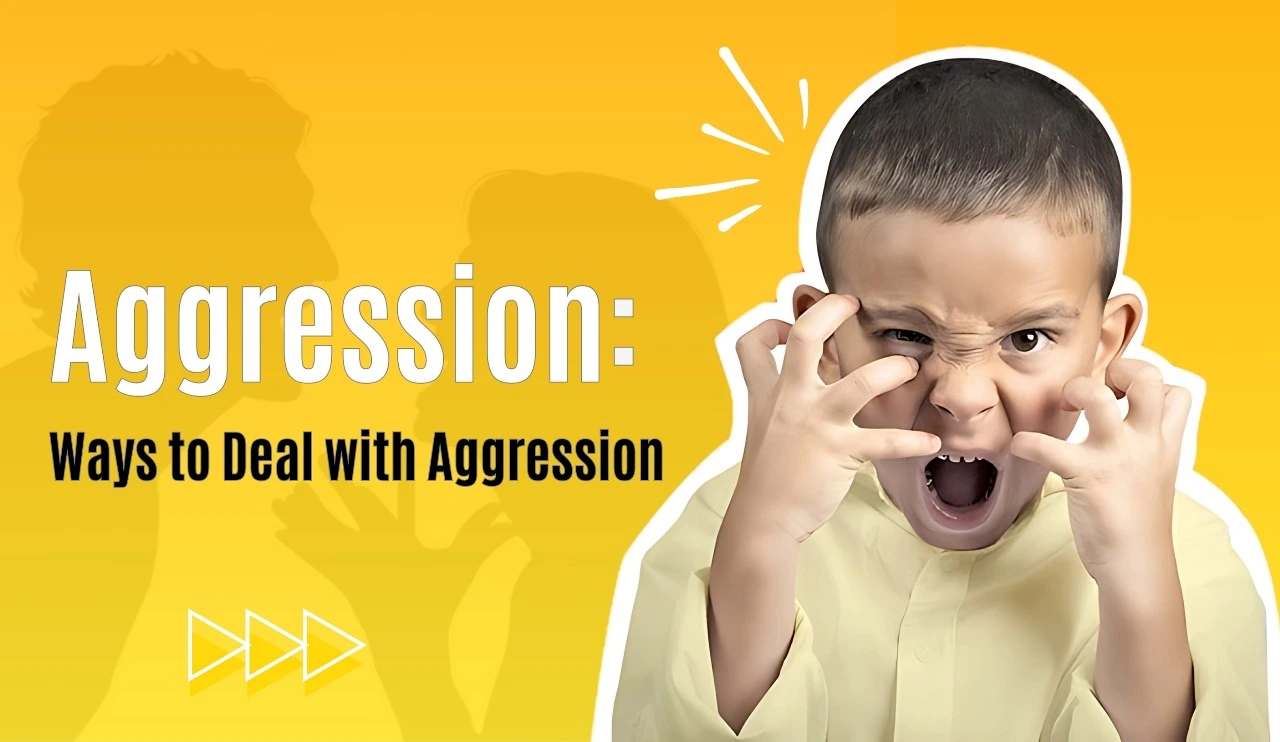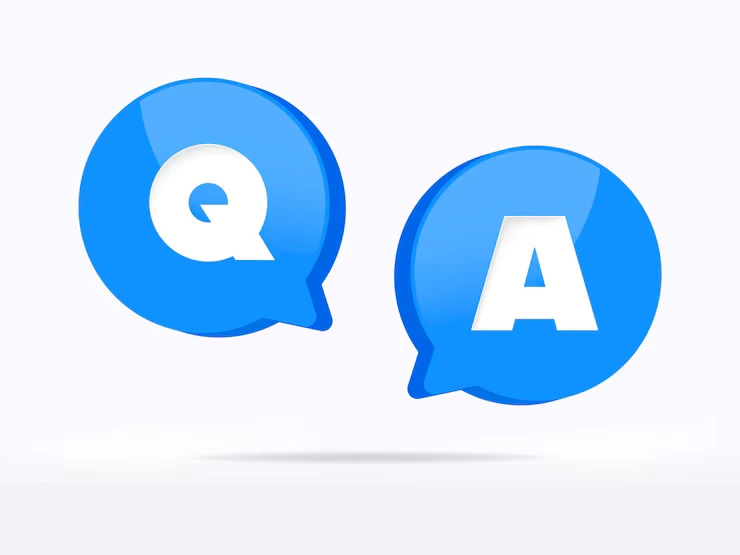-
129, Block-A Bangur Avenue, Mousumi Appartment, Kolkata 700055
129, Block-A Bangur Avenue, Mousumi Appartment, Kolkata 700055

Hello Reader!
Welcome to the blog page of Minds’s Eye by Dr. Rupa Talukdar, one of the best psychological counsellor in Kolkata.
Aggression is a natural human emotion. It can arise due to frustration, fear, hurt, stress, or unresolved trauma. While occasional irritation is common and manageable, frequent or intense aggression can disrupt relationships, impair decision-making, and negatively impact mental health. As a psychological counsellor, I often encounter clients who struggle to deal with aggression, either their own or that of others around them.
Understanding and managing aggression is not about suppression; it’s about healthy expression, emotional regulation, and developing coping mechanisms. In this blog, let’s explore what aggression is, why it happens, and how one can effectively deal with aggression in daily life.

Aggression can be defined as behavior intended to cause harm or assert dominance. It may be verbal, emotional, or physical. It is often a reaction to perceived threats, unmet needs, or internal psychological turmoil.
There are different forms of aggression:
Recognizing the type of aggression is the first step in learning how to deal with aggression.
High stress levels can lead to irritability and outbursts of aggression.
Unresolved trauma often manifests through aggressive behavior.
Conditions like ADHD, bipolar disorder, PTSD, and borderline personality disorder can include symptoms of aggression.
Alcohol or drugs can impair judgment and lower inhibition, increasing aggressive behavior.
When individuals feel helpless or unheard, they may resort to aggression to regain control.
Understanding the root cause helps tailor strategies to deal with aggression effectively.

Dealing with aggression requires a combination of emotional awareness, behavioral tools, and often, professional help. Here are some proven strategies:
Become aware of situations, people, or thoughts that trigger your aggression. Keeping a journal can help map patterns and make emotional responses predictable and manageable.
When feeling overwhelmed, pause and take deep, controlled breaths. Meditation, yoga, and progressive muscle relaxation can also help calm the mind.
Stepping away from a stressful situation before reacting gives you space to cool down and reflect, preventing escalation.
Miscommunication often fuels aggression. Learn to express your feelings clearly without blaming others. Use “I” statements instead of “You” accusations.
Physical activity is a natural outlet for releasing built-up tension and stress, helping to reduce overall aggression levels.
If aggression feels uncontrollable, working with a psychological counsellor can uncover underlying issues and teach healthier coping mechanisms. As a counsellor in Kolkata, I provide personalized therapy to help clients deal with aggression constructively.
Art, music, or writing can provide a powerful emotional release and an alternative channel for aggressive energy.
Limiting alcohol and avoiding recreational drugs can significantly reduce impulsive aggressive behavior.
Learning to see a situation from another person’s point of view can reduce reactive aggression and foster understanding.
Sometimes, aggression stems from disappointment when expectations are not met. Setting achievable goals can reduce such frustrations.
If someone close to you displays frequent aggression:
Being compassionate does not mean tolerating abusive behavior. Supporting someone to get help is often the best way to assist them.

Aggression can significantly impact an individual’s emotional well-being, relationships, and ability to function in daily life. Managing aggression in therapy requires a structured approach that combines evidence-based techniques, personalized interventions, and a supportive therapeutic environment. Below are the most effective strategies used by therapists to help clients deal with aggression constructively.
CBT is widely regarded as one of the most effective methods for managing aggression. This approach focuses on identifying and altering negative thought patterns that trigger aggressive behavior. Key techniques include:
Research shows that CBT can reduce anger episodes in approximately 76% of participants, making it a highly effective intervention.
DBT is another effective therapy for managing aggression, especially for individuals who struggle with emotional dysregulation. It emphasizes:
By enhancing emotional awareness and self-control, DBT helps clients respond thoughtfully to triggers rather than reacting aggressively.
Relaxation methods are crucial for managing the physiological symptoms of aggression. Common techniques include:
These techniques promote a sense of calm and enhance self-control during stressful situations.
Aggression often stems from frustration due to poor communication skills. Assertive communication training teaches clients how to express their feelings respectfully and effectively, minimizing misunderstandings and conflicts. This strategy fosters healthier interpersonal interactions and reduces the likelihood of aggressive outbursts.
Understanding personal triggers is essential for managing aggression. Therapists work with clients to identify situations or emotions that provoke anger, such as feelings of rejection or perceived injustice. Once triggers are recognized, clients can develop strategies to avoid or prepare for these scenarios constructively.
Exercise is a powerful tool for managing aggression as it releases endorphins that improve mood and reduce stress levels. Activities like running, swimming, or yoga serve as healthy outlets for pent-up anger while promoting overall mental well-being.
Aggression often arises from frustration over unresolved issues. Teaching problem-solving skills equips clients to address conflicts proactively rather than reacting impulsively. This approach fosters logical thinking and collaborative solutions.
Engaging in hobbies or enjoyable activities helps redirect focus away from anger-provoking situations. Humor and journaling also provide reflective outlets for processing emotions constructively.
For aggressive clients in therapy sessions, therapists employ de-escalation techniques such as:
These strategies create a safe space for emotional expression while preventing escalation.
Also Read: Rising Depression in Children: Causes and Treatments

Cognitive-Behavioral Therapy (CBT) is a highly effective and research-backed approach for reducing aggression. By addressing the thoughts, emotions, and behaviors that contribute to aggressive tendencies, CBT equips individuals with tools to manage their responses constructively. Here’s how CBT helps in reducing aggression:
CBT focuses on helping individuals recognize the specific triggers that lead to aggressive outbursts. Aggression often stems from distorted or automatic negative thoughts, such as feeling disrespected or unfairly treated. Through psychoeducation and thought-tracking exercises like mood logs, clients gain awareness of these patterns, allowing them to intervene before anger escalates into aggression.
One of the core techniques in CBT is cognitive restructuring, which involves challenging and reframing unhelpful thoughts. For instance, a person might replace a thought like “They’re doing this on purpose to annoy me” with “This may not be intentional, and I can choose how I respond.” Over time, this rewiring of thought processes reduces emotional intensity and impulsive reactions, fostering better self-regulation.
CBT provides practical tools to manage aggression in the moment:
Aggression often arises from frustration over unresolved issues. CBT teaches structured problem-solving techniques that encourage clients to focus on solutions rather than dwelling on problems. This approach helps individuals address conflicts constructively without resorting to aggression.
Many aggressive behaviors stem from an inability to express emotions or needs effectively. CBT includes assertiveness training, which helps individuals communicate their feelings healthily and respectfully. This reduces the likelihood of aggressive outbursts while fostering better interpersonal relationships.
CBT emphasizes emotional regulation techniques that help individuals manage intense feelings of anger or frustration. Mindfulness practices and grounding techniques are often incorporated to increase present-moment awareness and reduce impulsivity.
For individuals whose aggression is triggered by specific scenarios (e.g., traffic jams or criticism), CBT may include gradual exposure therapy. This involves confronting these triggers in a controlled setting to desensitize the individual and teach them healthier ways to respond.
Studies have consistently shown that CBT is effective in reducing both reactive and proactive forms of aggression:

Social skills training is a proven method for reducing aggressive behavior by teaching individuals essential interpersonal and emotional competencies. This approach focuses on developing self-awareness, conflict resolution skills, and prosocial behaviors, which help individuals manage aggression effectively. Here’s how social skills training achieves this:
Social skills training helps individuals recognize their emotions and understand the triggers that lead to aggression. By fostering self-awareness, participants become more attuned to their feelings and learn to identify early signs of anger or frustration. This awareness allows them to take proactive steps to prevent aggressive outbursts.
Aggression often stems from an inability to regulate intense emotions like anger or frustration. Social skills training incorporates techniques such as mindfulness and relaxation exercises, enabling individuals to manage their emotional responses in challenging situations. Programs like the Promoting Alternative Thinking Strategies (PATHS®) teach self-control and emotional management, reducing impulsivity and aggressive tendencies.
Conflict is a common trigger for aggression. Social skills training equips individuals with tools to handle interpersonal disputes constructively. Techniques such as active listening, empathy, and negotiation are emphasized, helping participants resolve conflicts peacefully rather than escalating them into aggression.
By promoting positive social interactions, social skills training reduces aggressive tendencies. Participants learn behaviors such as cooperation, perspective-taking, and effective communication, which foster harmonious relationships and discourage hostile actions.
Studies have shown that social skills training effectively decreases antisocial behaviors, including aggression, delinquency, and oppositional tendencies. For example, a meta-analysis found that participants in social skills programs were significantly less likely to exhibit aggressive behavior compared to those who did not undergo such training.
Role-playing exercises allow participants to rehearse appropriate responses in difficult situations. This experiential learning reinforces non-aggressive strategies for handling stress or conflict, making them more likely to apply these techniques in real-life scenarios.
Research highlights the success of social skills training in reducing aggression:

Answer: Aggression is a strong emotional response that can lead to hostile or violent behavior. It often arises from stress, frustration, trauma, or underlying mental health issues.
Answer: You can deal with aggression by identifying triggers, practicing relaxation techniques, improving communication skills, exercising regularly, and seeking professional help if needed.
Answer: Yes, occasional aggression is a natural emotional response. However, frequent or uncontrollable aggression may need to be addressed through therapy or behavior management.
Answer: Therapy helps by uncovering the root causes of aggression, teaching emotional regulation techniques, and offering healthy coping strategies for long-term control.
Answer: Stay calm, set clear boundaries, avoid escalation, and encourage the person to seek help. Your safety and well-being should always come first.
Aggression, when left unchecked, can damage relationships, careers, and self-esteem. But with awareness, effort, and the right support, anyone can learn to deal with aggression in healthier, more productive ways.
As a psychological counsellor in Kolkata, I, Dr. Rupa Talukdar, help individuals understand their emotional patterns and equip them with tools to lead more peaceful lives. If you or someone you know is struggling with aggression, know that help is available, and change is possible.